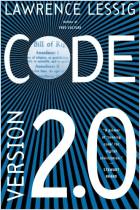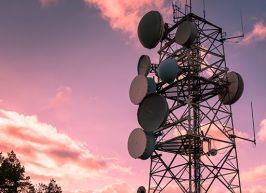加入 getAbstract 阅读摘要

加入 getAbstract 阅读摘要
Robert W. McChesney
Digital Disconnect
How Capitalism Is Turning the Internet Against Democracy
The New Press, 2013
看看什么内容?
The Internet was a force for freedom – until money came along!
Recommendation
Robert W. McChesney, author of Rich Media, analyzes the rhetoric around the development of the Internet and points out where web “celebrants and skeptics” agree and disagree. Then he explains that most people, whether they advocate for the web or not, do not understand its relationship to capitalism and the “political economic context” of the Internet revolution. He tries to wave away some of the ideological smokescreen around the way the Internet is progressing societally and economically, and he outlines the way current public policies affecting the web serve corporate interests at the consumers’ expense. While always politically neutral, getAbstract recommends McChesney’s economic analysis and societal explication as interesting food for thought for futurists, investors, entrepreneurs, and anyone interested in cyberculture, the media, democracy, a functioning public sphere, a free press – or even just a faster Internet connection.
Summary
About the Author
Robert W. McChesney is Gutgsell Endowed Professor in the Department of Communications at the University of Illinois at Urbana-Champaign, and author of Rich Media.




















Comment on this summary